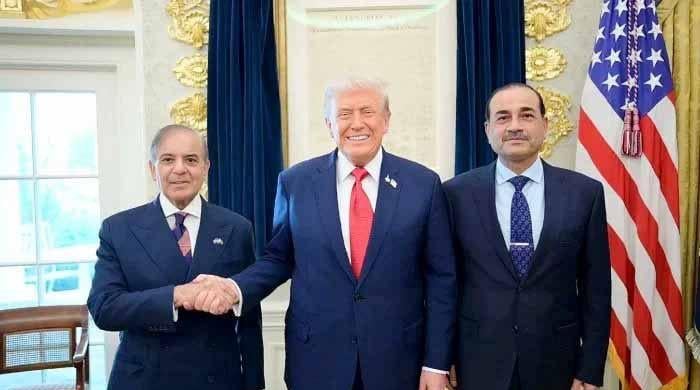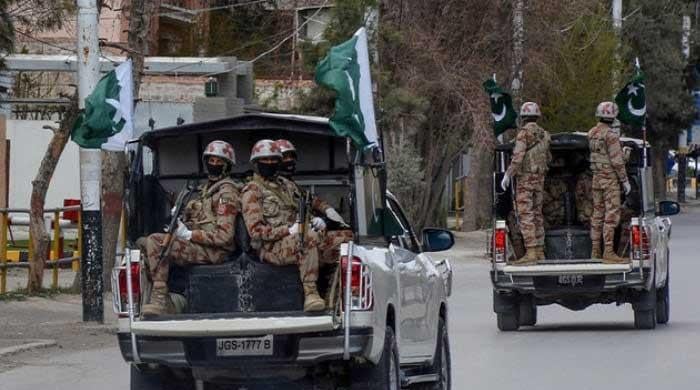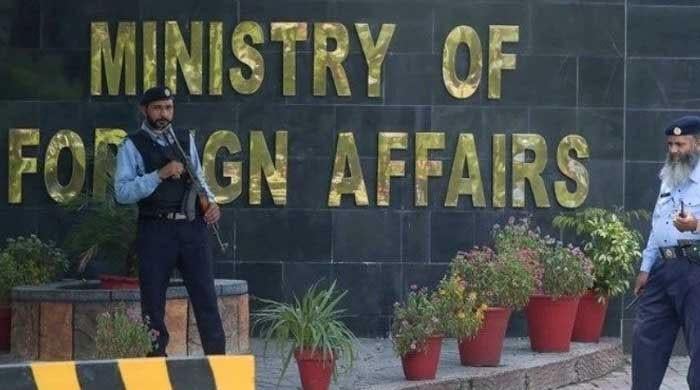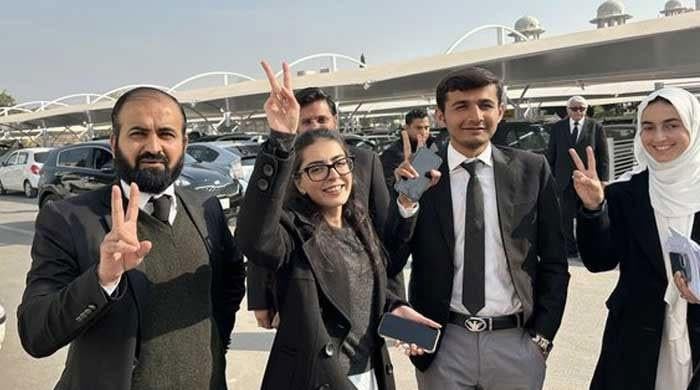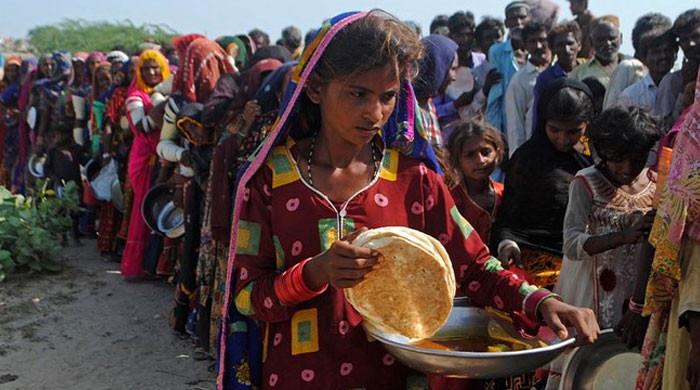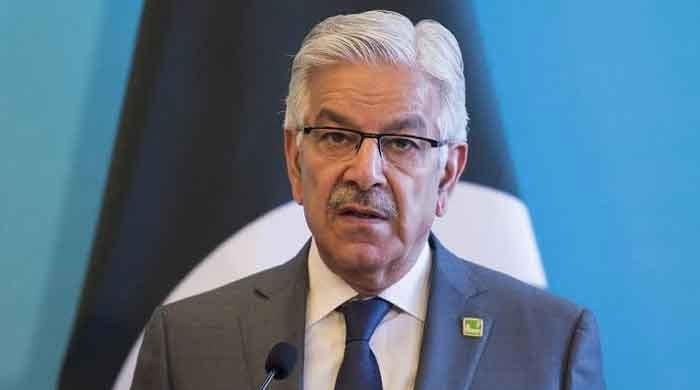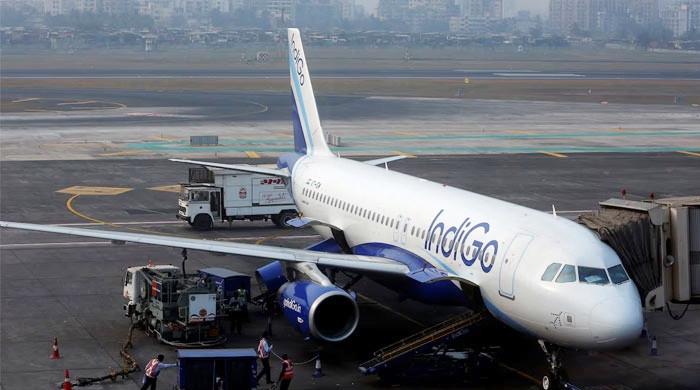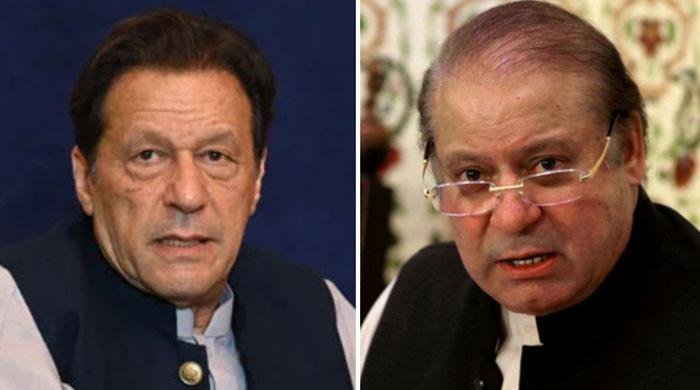What can we learn from the COVID-19 pandemic in Pakistan
Seven months after the first case of coronavirus was reported in the country, it is important to now stop, pause, for a few minutes, and look back at what we have learnt
September 16, 2020
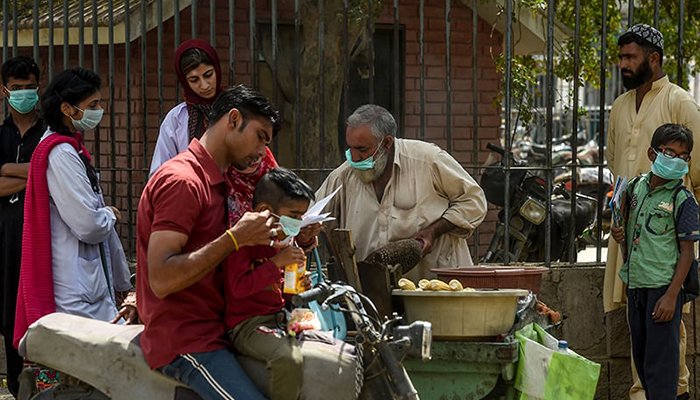
"A man's house burns down. The smoking wreckage represents only a ruined home that was dear through years of use and pleasant associations. By and by, as the days and weeks go on, first he misses this, then that, then the other thing. And when he casts about for it he finds that it was in that house. Always it is essential – there was but one of its kind. It cannot be replaced. It was in that house. It is irrevocably lost. It will be years before the tale of lost essentials is complete, and not till then can he truly know the magnitude of his disaster." Mark Twain
Over the years, Pakistan has witnessed several different types of disasters, including devastating earthquakes, droughts, floods, flash floods, landsliding, infrastructure collapse, and wildfires. But the ongoing COVID-19 pandemic remains unique. Primarily because of its magnitude, its unclear origins, and the lack of a cure to date.
Read more: Nearly 96% of Pakistan's coronavirus patients make successful recovery: NCOC report
Seven months after the first case of coronavirus was reported in the country, it is important to now stop, pause, for a few minutes, and look back at what we have learnt.
Don’t forget
Remembering to not forget the disaster is as important as mitigation and response during a crisis.
Take Japan, post the nuclear bomb attack. The country has been remembering the disaster every year, for the last 75 years. The Jallianwala Bagh massacre is another case in point or how the Bubonic Plague changed the practices of urban planning and transformed institutions.
The coronavirus spread is also such a calling and our decision-makers should be paying attention to what it is teaching us about our environment and our health systems, to name a few.
A changing workspace
In the manufacturing sector, it is essential that companies use the current health guidelines to declutter their factories and office spaces. The logistics and safety of workers should be the responsibility of employers and not the other way around.
Government officials and the bureaucracy can also use this moment to register and document workspaces in each province, as well as ensure that no worker’s rights are being violated.
The social perspective
Any disaster has the potential to further exacerbate the class divide in society.
During the lockdown in Pakistan, the poor were most vulnerable to economic changes and layoffs. The availability of basic items, such as food, were difficult during the nationwide closure. This class divide, which became even more prominent during the pandemic, if not handled through programmatic interventions could result in social chaos.
Information is key
What this pandemic taught us is that better decisions can be made when up-to-date information is available to policymakers.
During the pandemic, which is still ongoing, the existing network of Utility Stores could have been easily enhanced by setting up satellite stations. With the help of the National Database & Registration Authority (NADRA) and the Bureau of Statistics, ration cards could have been issued for families more quickly and efficiently, while quotas could have been allocated to them at satellite utility stores.
Lessons for market forces
Post the 2005 earthquake, ordinary house rentals in Mansehra, Khyber Pakhtunkhwa, jumped from Rs. 8,000 to Rs. 50,000 per month. The lesson to be learned here is to ensure that market forces do not take advantage of a post-disaster scenario.
A strict regulatory authority is needed, with administrative powers, to impose Section 144 or in severe cases temporarily nationalize businesses during disaster periods.
As of now, it is unclear when the world will return to “business as usual”. But in this changed world, there is much to be learnt and applied for a better tomorrow. The pandemic has allowed us to pause, and rethink our way of living and working. I hope all of us are listening to the lessons it is teaching.
Raza is a researcher with the Department of Architecture and Planning at the NED University of Engineering and Technology in Karachi. He can be reached at [email protected]




